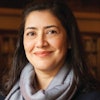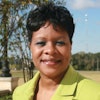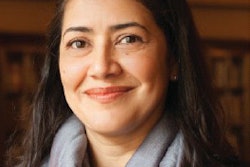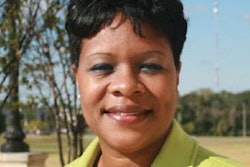It’s not oft en that a child decides in elementary school that he wants to grow up to be a historian. But Dr. William J. Bauer Jr., associate professor of history at the University of Nevada, Las Vegas, drew his earliest inspiration from fi eld trips to California state parks.
Growing up on the Round Valley Indian Reservation in Northern California, Bauer says he noticed certain omissions. “Very oft en native people were ignored in these parks,” Bauer recalls. “Th ey rarely made reference to the native people who were indigenous to these areas. So I wanted to devote my time and energy to looking at the role that native people, and native workers, had in helping to create what we know about the American West."
Bauer says his work diff ers from other research that has been done on the Round Valley community and other reservations. “Much of [the research] that [has] been done tends to look at what non-native people did to native people; what my work emphasizes is what Native Americans themselves have done and are doing.” He relies heavily on oral history records and on his own oral interviews.
Bauer says he was infl uenced by scholars who have done research on African- American slavery, particularly “those scholars who used the WPA slave narrative that allowed African-American voices to come in and interpret their own situations.”




















